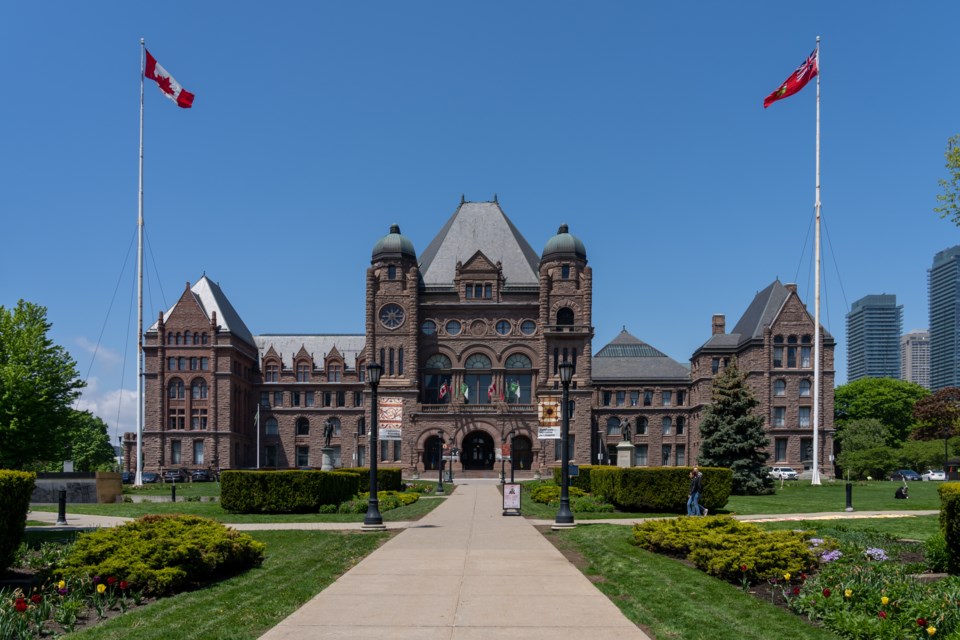QUEEN'S PARK — Deputy NDP leader Sol Mamakwa is denouncing the provincial government for its alleged unequal treatment of First Nations police officers with respect to mental health supports.
The MPP for Kiiwetinoong, who also serves as his party's shadow minister for Indigenous and Treaty Relations, issued a statement Monday and posed questions to the government in the wake of a report released by the Chiefs of Ontario in collaboration with police services operating under the Ontario First Nations Policing Agreement.
That report, Mamakwa said, provides clear evidence that government neglect is impacting the mental health of First Nations police officers.
Its 14 recommendations are informed by a 2024 study in which 48 of the 78 members of the OFNPA participated, and discussions involving 32 individuals including members, First Nations leaders, and representatives of the OPP.
Of the respondents, almost three-quarters said they experienced a mental health issue during their employment, and over a quarter had poor or very poor mental health at work in the past six months.
The Chiefs of Ontario said the survey also found over 90 per cent of officers who take leave for psychological reasons remain off the job for more than a year.
"The number of First Nations officers who are facing serious mental health challenges is deeply concerning," said Ontario Regional Chief Abram Benedict. "Our officers are frequently forced to deal with difficult outcomes on their own. This is often due to an utter lack of support. First Nations officers deserve to be treated the same as any other officer in this province, with the same level of support."
Recommendations in the report include increasing staffing levels and job security, creating training and advancement opportunities, and developing culturally-based wellness supports.
Mamakwa said "There is no question of whether the conditions First Nations police officers are expected to endure would ever be accepted as the norm for non-Indigenous police services in Ontario."
Speaking in the legislature, he said the report shows "the stark reality of the mental health of police officers ... patrolling an entire region or community by themselves with no backup," leaving officers in dangerous situations without the needed resources.
Mamakwa asked Premier Doug Ford if he finds the situation acceptable, but Health Minister Sylvia Jones responded.
She said that over the last three years the government has introduced new supports for mental health for first responders, including early intervention and care before they experience a crisis, but acknowledged "I know we can do more."
Mamakwa replied that the supports the minister referred to don't reach First Nations officers on-reserve.
When he asked Jones to commit to "fully resource" mental health services for First Nations police, she pointed to the recent announcement of a post-traumatic stress injury centre in the Toronto area, and said all police officers in Ontario will be able to access it.
